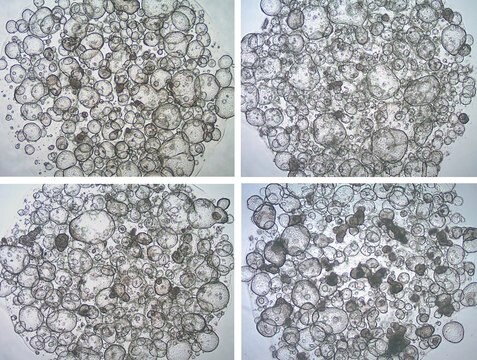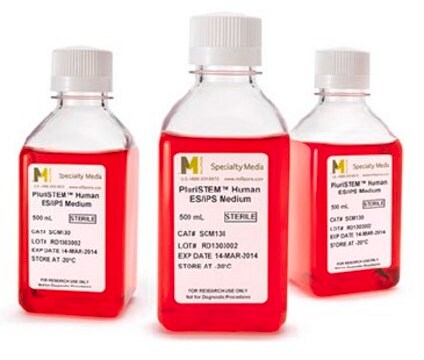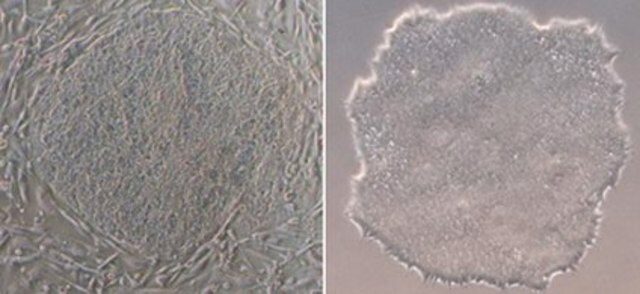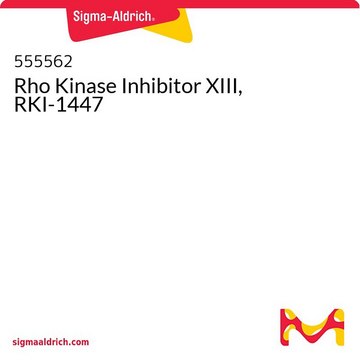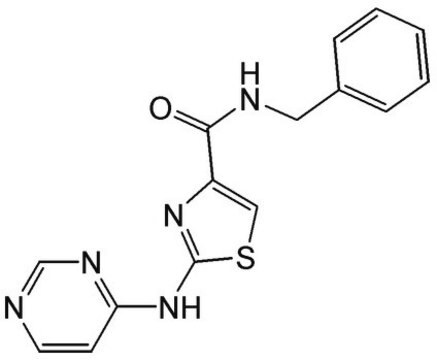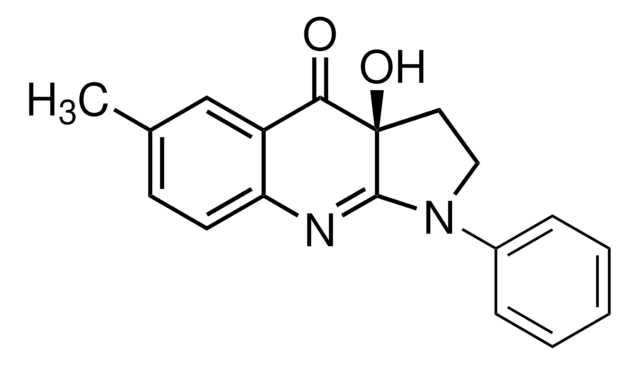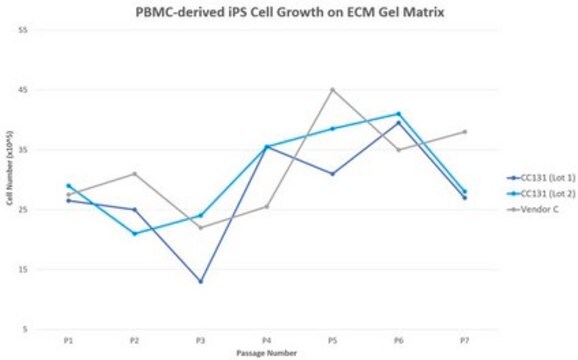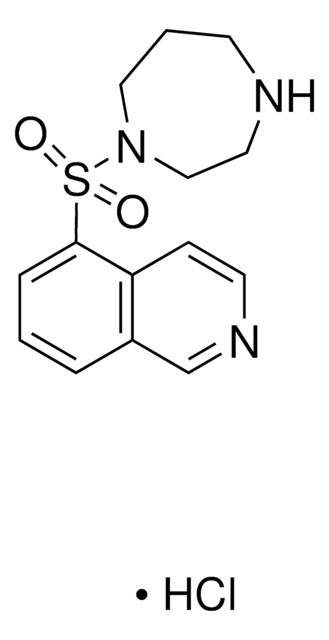SCM075
ROCK-Inhibitor (Y-27632)
The ROCK Inhibitor (Y-27632) is available in a 5 mg format & has been optimized & validated for cell culture & Neuroscience applications.
Synonym(e):
Y-27632
About This Item
Empfohlene Produkte
Qualitätsniveau
Form
liquid
Mol-Gew.
320.26 g/mol
Methode(n)
cell culture | mammalian: suitable
Versandbedingung
dry ice
Allgemeine Beschreibung
Lagerung und Haltbarkeit
Lagerklassenschlüssel
11 - Combustible Solids
WGK
WGK 3
Flammpunkt (°F)
Not applicable
Flammpunkt (°C)
Not applicable
Analysenzertifikate (COA)
Suchen Sie nach Analysenzertifikate (COA), indem Sie die Lot-/Chargennummer des Produkts eingeben. Lot- und Chargennummern sind auf dem Produktetikett hinter den Wörtern ‘Lot’ oder ‘Batch’ (Lot oder Charge) zu finden.
Besitzen Sie dieses Produkt bereits?
In der Dokumentenbibliothek finden Sie die Dokumentation zu den Produkten, die Sie kürzlich erworben haben.
Kunden haben sich ebenfalls angesehen
Artikel
Human epithelial intestinal colonic organoids can be used as an alternative to Caco-2 drug permeability assays for drug screening and compound toxicity testing.
Skip weekend feedings. Defined serum-free and feeder-free expansion media for human pluripotent stem cells (ES and iPS cells). See publications and protocols.
The Simplicon™ RNA Reprogramming Technology is a next generation reprogramming system that uses a single synthetic, polycistronic self-replicating RNA strand engineered to mimic cellular RNA to generate human iPS cells.
Protokolle
A rapid in vitro assay for CFTR function, the forskolin-induced swelling protocol uses human colon organoids, which can be derived from cystic fibrosis patient tissue.
Highly characterized cryopreserved human colonic organoids and a step-by-step organoid culture protocol for epithelial intestinal organoid differentiation from iPS cells.
Unser Team von Wissenschaftlern verfügt über Erfahrung in allen Forschungsbereichen einschließlich Life Science, Materialwissenschaften, chemischer Synthese, Chromatographie, Analytik und vielen mehr..
Setzen Sie sich mit dem technischen Dienst in Verbindung.





